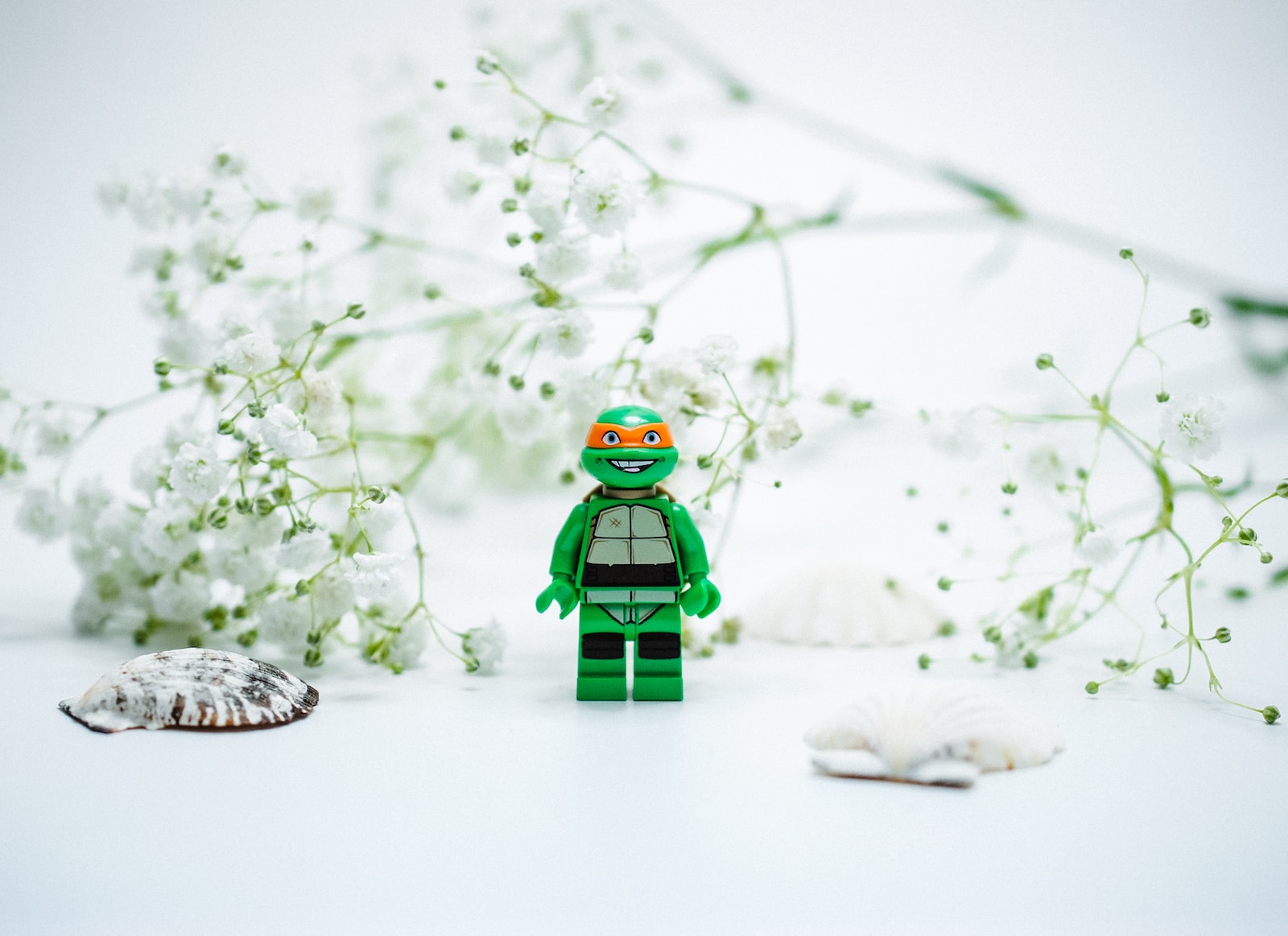The Beginner’s Guide to Starting Meditation: A Journey to Inner Peace
Embarking on the journey of meditation can seem daunting to beginners, surrounded by misconceptions of needing perfect tranquility or hours of silence. However, meditation is a versatile practice, accessible to everyone, regardless of lifestyle or busy minds. This guide aims to demystify meditation, offering practical steps for beginners to start their path towards mindfulness and inner peace.
Understanding Meditation
What is Meditation?
Meditation is a practice of focusing the mind, cultivating awareness, and fostering a deep sense of presence. It involves various techniques, including concentration, mindfulness, and breathing exercises, designed to promote relaxation, reduce stress, and enhance overall well-being.
Benefits of Meditation
- Reduces Stress: Meditating can decrease levels of cortisol, the stress hormone, leading to a calmer state of being.
- Improves Concentration: Regular practice enhances focus and attention.
- Enhances Emotional Well-being: Meditation can reduce symptoms of anxiety and depression, improving mood and emotional resilience.
- Promotes Physical Health: It has been linked to lowered blood pressure, improved sleep, and a stronger immune system.
Getting Started: A Step-by-Step Guide
1. Set Realistic Goals
Begin with short sessions, as little as 5 minutes a day, and gradually increase the duration. Consistency is key, not length.
2. Choose a Comfortable Spot
Find a quiet, comfortable place where you won’t be disturbed. A cushion or chair can help maintain a comfortable posture.
3. Establish a Routine
Incorporate meditating into your daily routine. Morning or evening practices can anchor your day with tranquility.
4. Explore Different Techniques
Experiment with various meditating styles, such as focused attention, mindfulness, or loving-kindness meditation, to find what resonates with you.
5. Focus on Your Breath
Breathing is a central element of meditation. Pay attention to the rhythm of your breath, using it as an anchor for your mind when it wanders.
6. Embrace a Non-judgmental Attitude
Acknowledge thoughts and distractions without judgment, gently redirecting your focus back to your breath or chosen point of concentration.
7. Use Guided Meditations
Apps and online resources offer guided sessions, providing structure and guidance for beginners.
8. Be Patient and Kind to Yourself
Meditation is a skill that develops over time. Approach it with patience and self-compassion, free from expectations of perfection.
9. Join a Community
Connecting with others on a similar path can provide support, motivation, and shared experiences.
10. Keep a Journal
Recording your meditation experiences can offer insights into your progress, challenges, and the evolving nature of your practice.
Starting meditation as a beginner is a journey of self-discovery and transformation. By setting realistic goals, finding a comfortable routine, and approaching the practice with patience and openness, you can unlock the myriad benefits of meditating. Remember, the essence of meditation lies not in silencing the mind but in understanding it, embracing each moment with awareness and kindness. Welcome to the path of inner peace and mindfulness.






